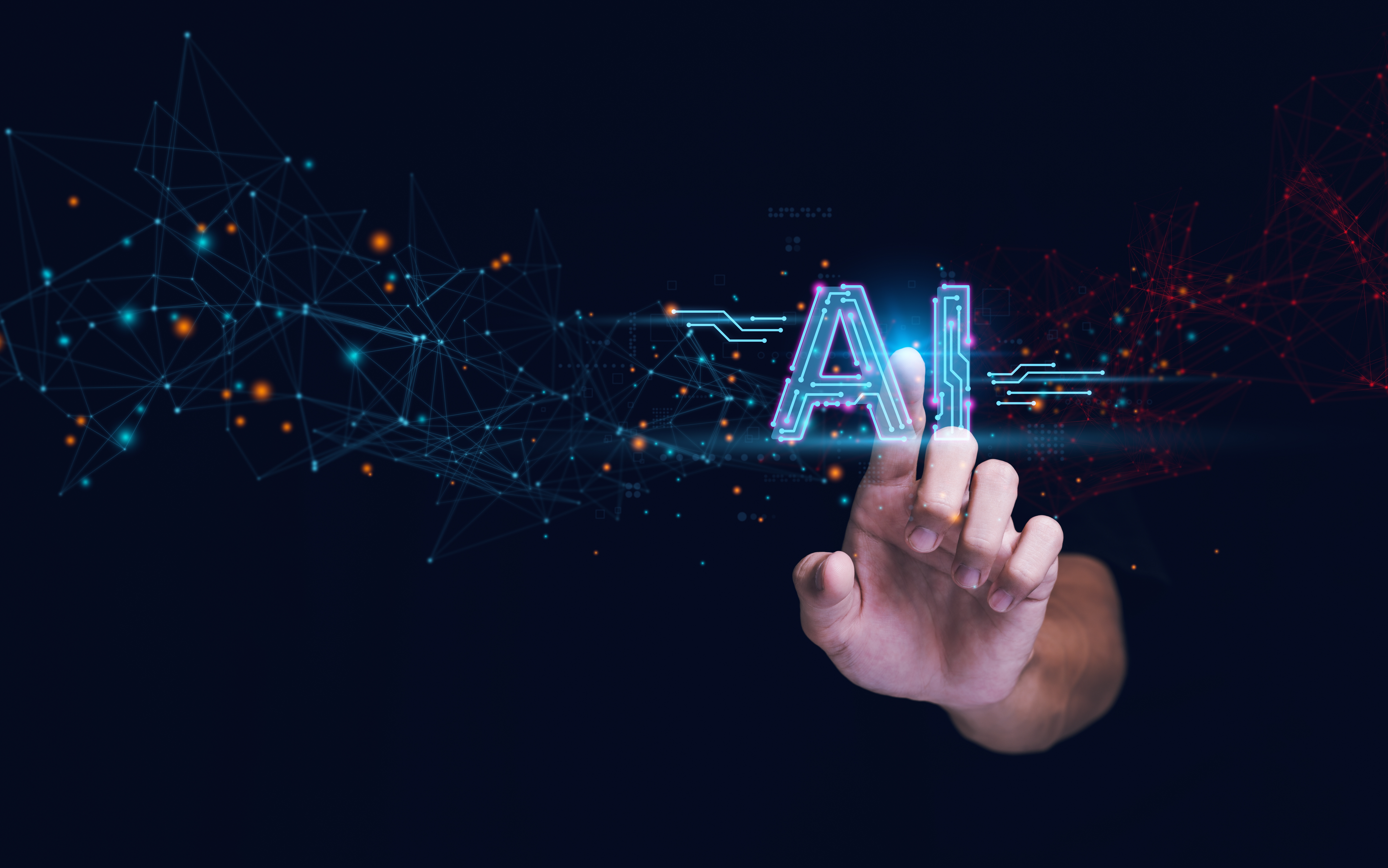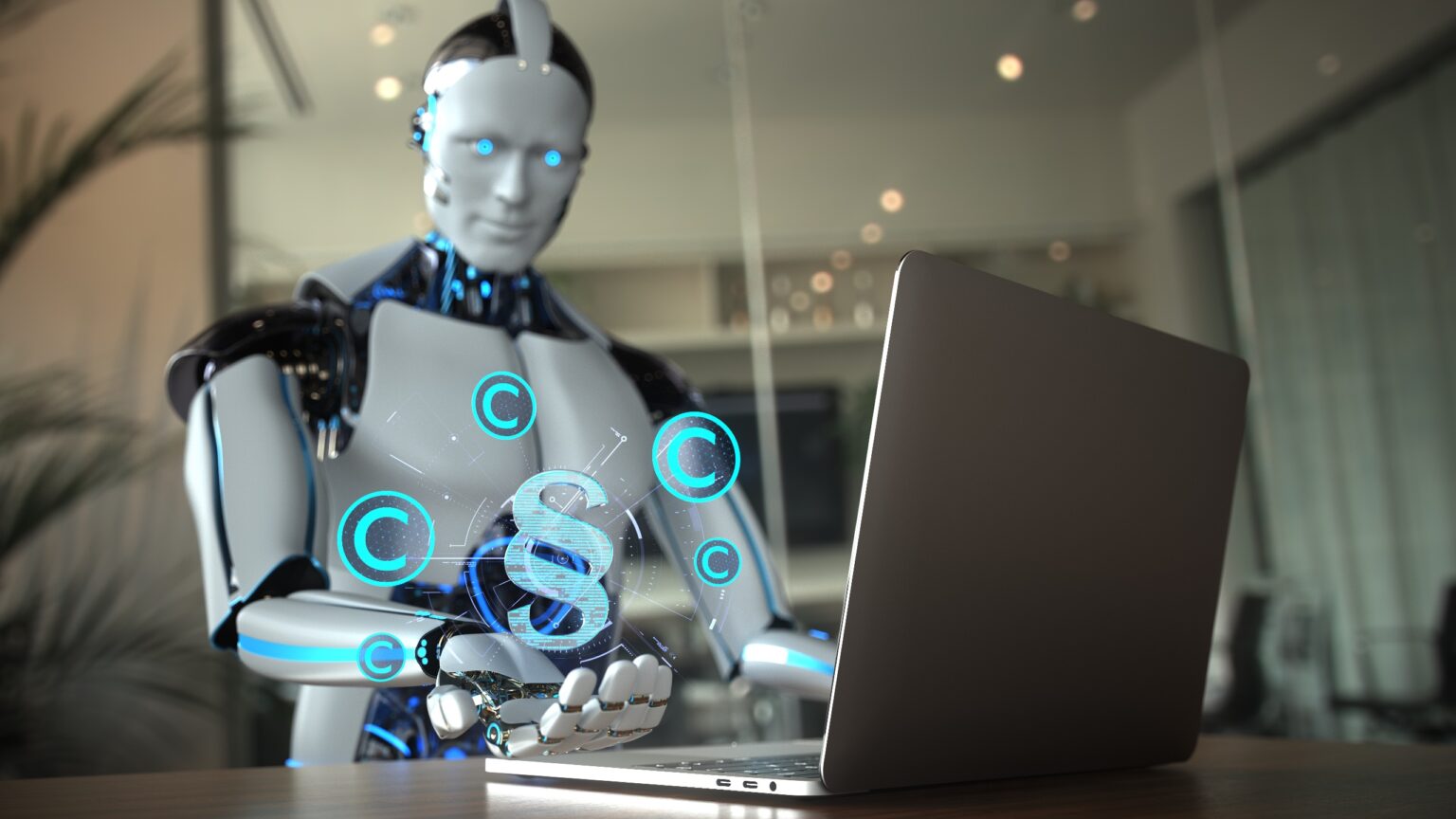The U.S. Copyright Office, looking to understand the intricate relationship between AI advancements and copyright regulations, has announced a notice of inquiry (NOI) to gather public insights on these critical concerns.
Launched in early 2023, the Office’s AI initiative has consistently aimed to demystify the interplay between AI and copyright. Their extensive engagement with the public has encompassed various listening sessions and webinars. Shira Perlmutter, Register of Copyrights and Director of the U.S. Copyright Office, emphasized the importance of the initiative.
“As we encounter the challenges posed by generative AI, feedback from this NOI is crucial in our journey towards understanding the future of human creativity in an increasingly technological world.”
Inquiry’s core concerns
The NOI delves into several critical areas related to AI and copyright. It seeks to understand how copyrighted material is utilized for training AI models. Comments are due by Oct. 18, 2023, with reply comments to follow by Nov. 15, 2023, per the body`s recent X (formerly Twitter) post.
The Copyright Office issued a notice of inquiry in the Federal Register seeking public comment on questions about copyright law and policy issues raised by AI systems. Initial comments are due by October 18, 2023. Reply comments are due November 15, 2023. https://t.co/fNiHB1W7SI pic.twitter.com/3vNBRNxGJj
— US Copyright Office (@CopyrightOffice) August 30, 2023
Transparency levels regarding the use of copyrighted works are also under examination. Moreover, there’s a keen interest in ascertaining the legal standing of AI-generated outputs and deciphering how AI outputs, which seem to mirror the personal attributes of human artists, should be treated.
Recent court ruling stirs debate
A groundbreaking court ruling has recently fueled the discourse on AI and copyright. Judge Beryl A. Howell of the U.S. District Court ruled that AI-generated artwork cannot be copyrighted.
This judgment stemmed from a lawsuit where Stephen Thaler, a pioneer in artificial intelligence, sought copyright for an image conceptualized using his Creativity Machine algorithm, only to face continued denials. Judge Howell anchored her verdict on the idea that “human authorship is a fundamental prerequisite of copyright,” highlighting the intricate challenges at this crossroads.

UK’s stance on AI and copyright
The U.S. is one of many nations grappling with this dilemma. The UK, too, is in the midst of its debate on AI and copyright. Some MPs have been vocal in urging the UK government to retract its decision to allow AI developers unfettered access to pre-existing artwork for training AIs.
The UK’s Culture, Media, and Sport Committee has flagged potential risks, emphasizing concerns about AI developers potentially profiting off private intellectual properties without compensating original creators. Major industry figures, including UK Music and Universal Music representatives, have echoed these concerns, underscoring the potential adverse effects on creators’ rights and compensations.
Future directions and participation
The U.S. Copyright Office’s drive for collective understanding involves an appeal for widespread public participation. According to people familiar with the matter, instructions for comment submissions can be sourced from the office’s official website.
This endeavor to navigate the intertwining realms of AI and copyright signifies a crucial chapter in the evolution of the digital realm, with the overarching aim of harmonizing technological progression with the essence of human creativity.









 and then
and then